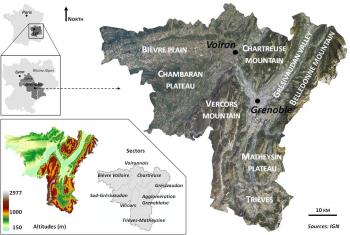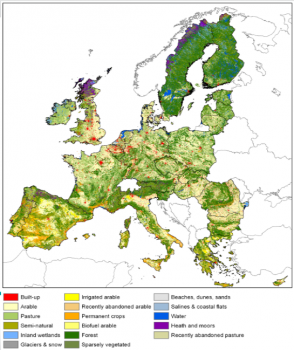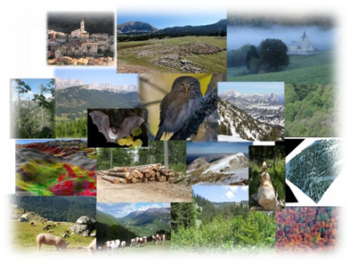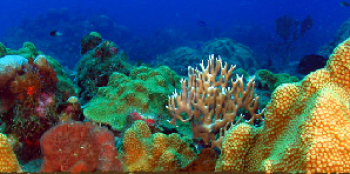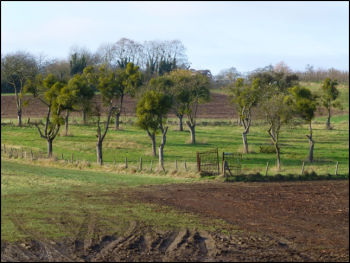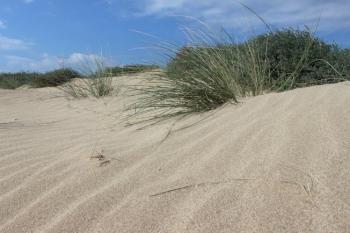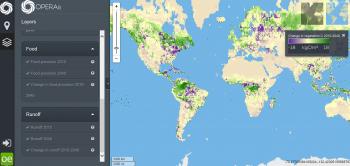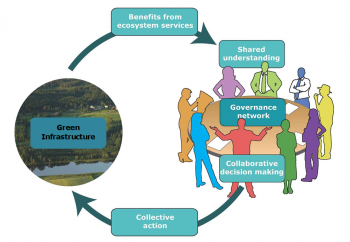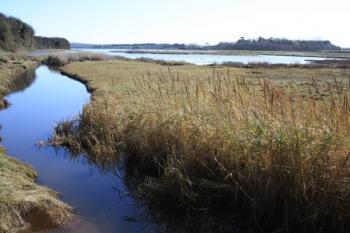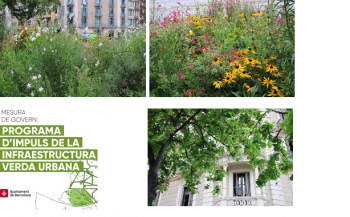Land use legacies: Land use and ecosystem service scenarios in the Grenoble Urban Area
Analysing future land use trajectories and their effects on networks of biodiversity and ecosystem services for the Grenoble urban area. It will offer a better knowledge of mechanisms underpinning ecosystem services as well as analysing trade-offs and synergies between biodiversity, critical ecosystem services and territorial management. Further it will facilitate appropriation of tools and concepts by stakeholders and support the integration of the complexity of ecological functioning into debates on territorial planning and management.

